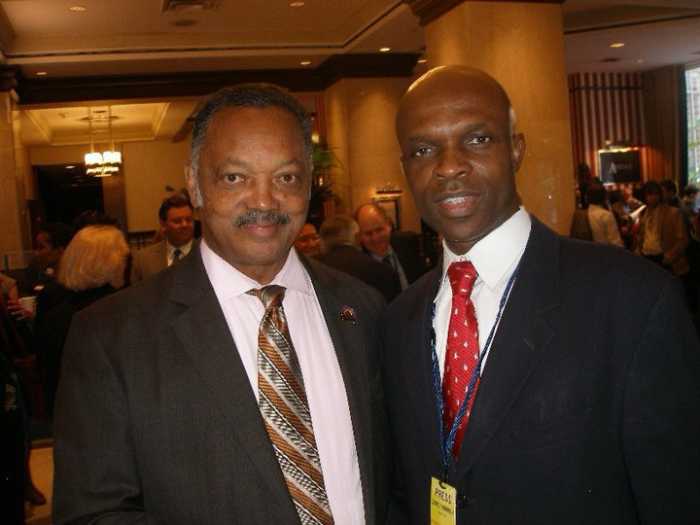The last few years in New York State and the country have seen a tremendous increase in the interest and investment in renewable sources of energy. While this is a welcome development, it is incumbent upon policy makers to continue to focus on energy efficiency and demand reduction. Focusing on energy efficiency has a number of tangible benefits, including immediate savings for consumers, decreased demand and stress on the grid, and the greatest short term reduction in greenhouse gas emissions.
One of the most successful programs designed to reduce energy demand in the United States is the Energy Star Program. Administered jointly by the Federal Environmental Protection Agency (EPA) and the United States Department of Energy (DOE), Energy Star is a consumer information program which places a label on products in the marketplace that rank in the top 25 percent in energy efficiency for each category of products. This program has yielded significant results since its creation in 1992, as illustrated recently by the EPA announcement that in 2008 alone, Americans were able to reduce their energy bills by over $19 billion and eliminate carbon emissions equivalent to the use of 29 million cars via the expanded use of Energy Star products.
Considering the level of success of the program, my staff and I began drafting legislation to direct New York State to expand the use of Energy Star products as a tool for statewide demand reduction. However, after we thoroughly reviewed the process through which Energy Star products receive that designation, we found problems with how the standards were determined and gaps in compliance.
To address these issues, my office wrote and introduced Assembly Resolution K13, which subsequently passed out of the state legislature on February 23 of this year. Resolution K13 had a number of specific recommendations designed to enhance and improve the Energy Star Program. These included mandating periodic testing of the 10 categories of products that use the most energy, requiring inclusion of developmental products that will be placed on the market within two years and random testing of products that have an Energy Star rating for compliance purposes, among others.
After the passage of K13, Congressman Anthony Weiner agreed to introduce the resolutions’ recommendations as an amendment to HR 2454, the American Clean Energy and Security Act of 2009. His amendment was adopted into the bill by unanimous consent.
Once HR 2454 is passed into law at the federal level, which both the Congressman and I anticipate, I will pursue several pieces of related legislation in New York State. The general concepts of these bills include creatively staggering and eliminating in certain circumstances the state sales taxes on Energy Star products designated to promote their use. A second bill will require departments and agencies within state government and other money allocated by the state legislature to be used for Energy Star products alone, unless specific circumstances prevent it.
The Congressman’s actions, and those of my colleagues in the state legislature, will ensure that the Energy Star Program continues to be the gold standard for energy efficient products in the United States. Their actions will not only significantly improve the program itself, but have laid the groundwork for states like New York to actively pursue future policy, which will achieve crucial energy demand reduction.
Assemblymember Andrew Hevesi is the Chair of the Subcommittee on Renewable Energy.


































